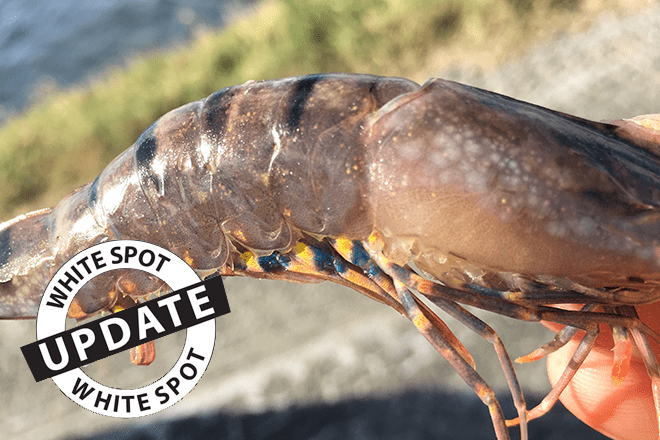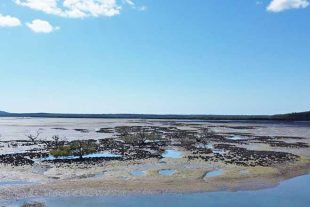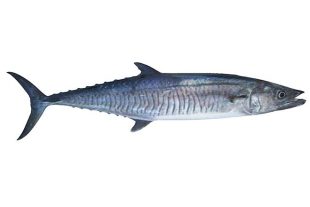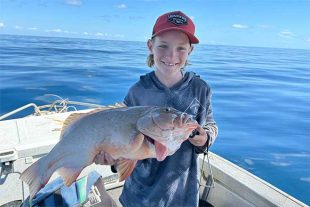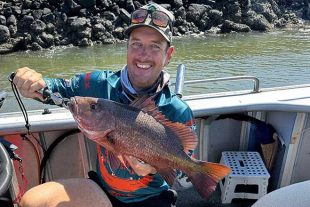ON January 8, 2018, Western Australia (WA) modified its import requirements for prawns and polychaete worms easing the restrictions on Queensland products.
The modified import requirements apply to crustaceans between Mooloolaba in Queensland and the New South Wales (NSW) border. Western Australia-approved businesses able to meet certain capture and processing requirements based in NSW and northern Queensland are now able to import crustaceans into WA, including bait prawns. The new import requirements allow wild-caught crustaceans from South East Queensland, including bait prawns, to be imported into WA if treated with gamma irradiation.
See the attached document for full details and the following link: https://www.agric.wa.gov.au/importing-miscellaneous/biosecurity-alert-white-spot-prawns?page=0%2C1.
Throw a local prawn on the barbie this Australia Day long weekend
Queenslanders are being urged to tuck into some of the best seafood the world has to offer, available right here on our doorstep, this Australia Day long weekend. Minister for Agricultural Industry Development and Fisheries Mark Furner encouraged his fellow Queenslanders to join him in getting stuck into some delicious local produce, while at the same time helping support our seafood industry. Read Minister Furner’s media statement.
White spot disease movement restrictions
Movement restrictions for raw prawns, yabbies and marine worms remain in place to prevent the human-assisted spread of the virus that causes white spot disease. The disease could be introduced to new waterways through the movement of raw prawns, yabbies and marine worms that are returned to natural waterways as bait, berley or discarded seafood waste.
Heavy penalties apply to people who breach the movement restrictions. More information on white spot disease movement restrictions are available on the Department of Agriculture and Fisheries website or call Biosecurity Queensland on 13 25 23.
Reporting white spot disease
Suspected cases of white spot disease must be reported to Biosecurity Queensland immediately through the online white spot disease reporting form or by calling 13 25 23. Take note of the location and time and if possible, freeze a sample of the suspect animals for later testing. Prawns with white spot disease may have a loose shell with numerous white spots (0.5-2mm in diameter) on the inside surface of the shell and a pink to red discolouration.
White spot disease surveillance
Biosecurity Queensland will conduct the next round of surveillance sampling for white spot disease between late February and June 2018. Sampling will be conducted in Moreton Bay and in key locations along the east coast of Queensland north to Cairns. More details on surveillance conducted to date are available on the white spot disease surveillance webpage.
 Bush ‘n Beach Fishing Magazine Location reports & tips for fishing, boating, camping, kayaking, 4WDing in Queensland and Northern NSW
Bush ‘n Beach Fishing Magazine Location reports & tips for fishing, boating, camping, kayaking, 4WDing in Queensland and Northern NSW

